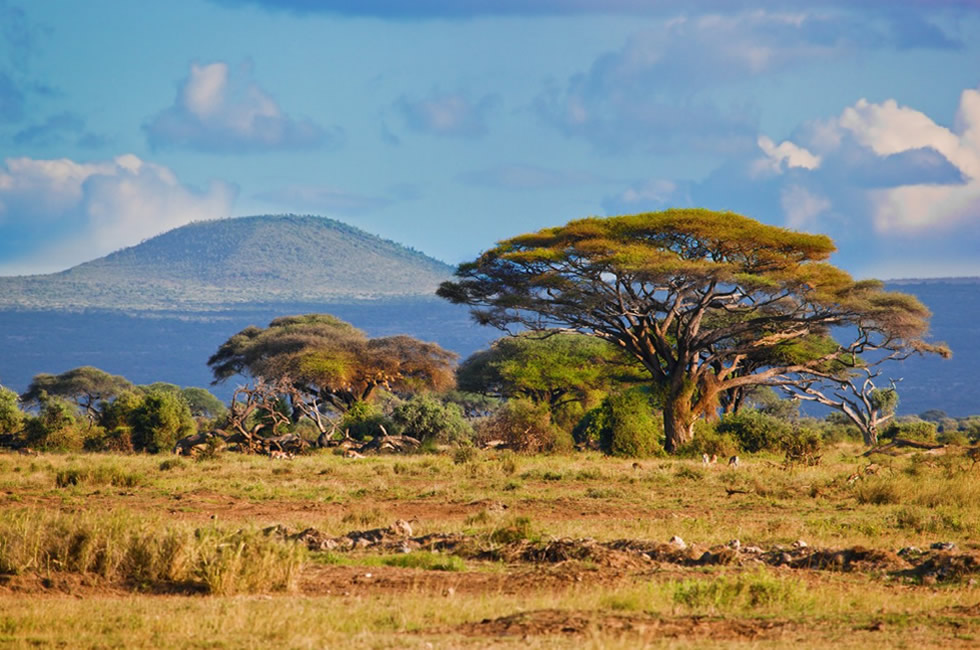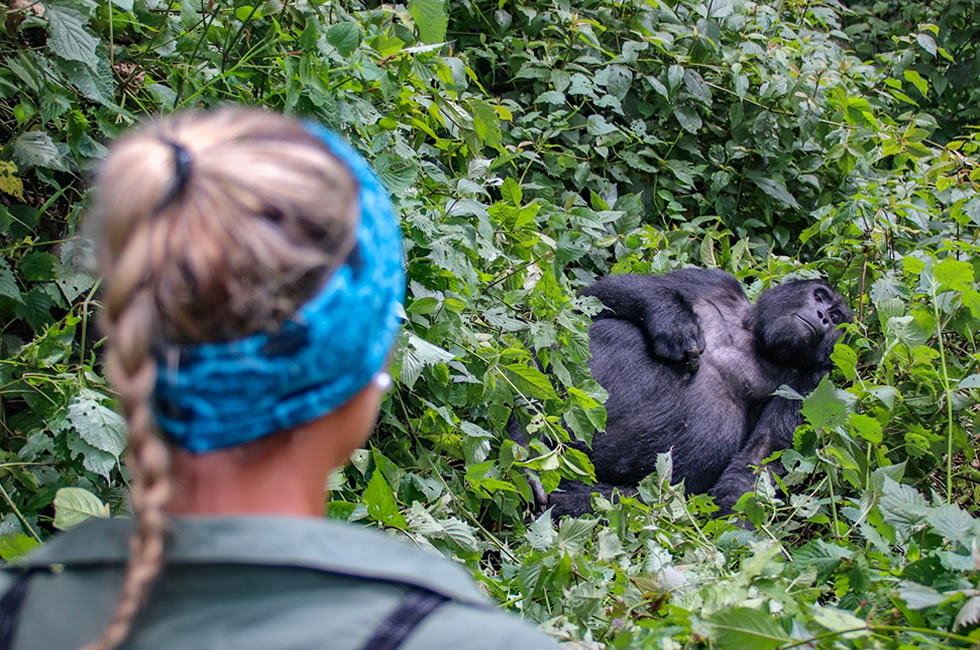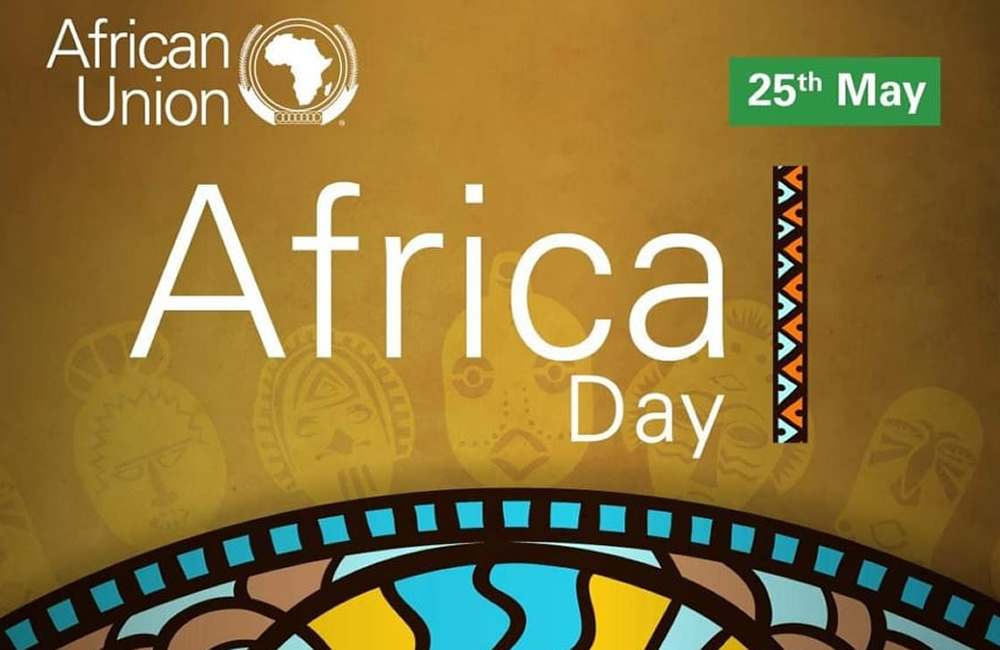Speaking notes for the Ronald Kaoma Chitotela Minister of Tourism & Arts, Zambia The strategic imperatives of visa Openness for growth in intra-African travel and tourism development Thursday 29 August 2019, 08h45-09h45 Durban International Convention Centre, Durban
It is indeed a pleasure to be part of this very timely discussion.
Africa has for some time been deliberating on the how-to facilitate the free movement of people, goods, and services. In fact, the SADC region agreed to and adopted the SADC Protocol on Facilitation of the Movement of Persons of 2005 which sought to fulfill the objectives of the SADC Treaty, which requires the region to develop policies aimed at the progressive elimination of obstacles to the free movement of capital and labor, goods and services and of the people of the region.
With the signing of the Continental Free Trade Agreement, the time has come for us to collectively implement various regional policies enabling the free movement of people. While each region will have specific policies and programs, these must be ultimately developed against the background of the continental objectives in this area. The free trade regime will be driven by other enabling policies like the free movement of people, goods, and services.
This said and accepted in principle, I am also cognizant of some of the risks involved in the unchecked movement of people, goods, and services. Ironically, while the continent has become more open due to globalization, it has equally become more restrictive due to contemporary challenges like illegal trafficking of goods and people, insecurity which is driven by terrorism, and acts of extremism.
In talking about the free movement of people, goods, and services, we, therefore, have to be realistic and honest about the challenges. In this way, we will develop responsive and legally sound policies which can be implemented in a coherent and cohesive manner.
In as far as Zambia is concerned, while we still have work to do in this area, we have some lessons to share as well. We are positioned in a fairly favorable position with respect to our regional relationships. As a member of both the Southern African Development Community (SADC) and Common Market for Eastern and Southern Africa (COMESA) Free Trade Areas (FTA), Zambia is one of the few countries whose exports enjoy duty-free access to African trading partners both to its north and south. We can therefore develop and implement policies with partners and support our trade and other relationships in line with our national and regional interests.
I look forward to the rest of this discussion as well as interaction from the floor as we seek to understand options for the way forward in this area.
I thank you.






